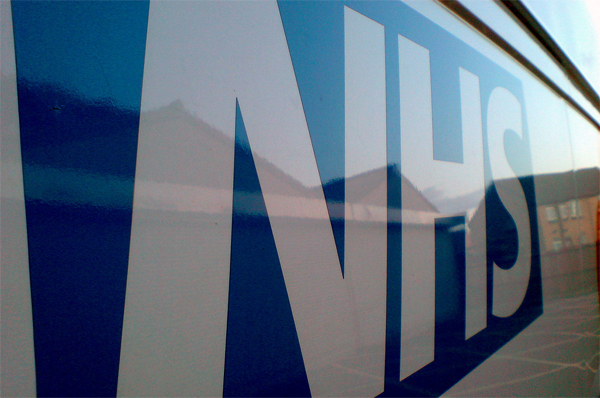NHS to Target Unnecessary Prescription of Branded Drugs
The NHS has announced a plan to target the unnecessary prescription of branded drugs by GPs in an attempt to reduce its annual £8bn family medicine bill.

Cutting down on inefficient prescription of branded drugs is of key importance in the struggle to reduce the yearly budget of the NHS by 4 per cent, according to health service managers.
The announcement came after a study backed by the new NHS Commissioning Board found that £33m a month was being wasted on two branded statins, drugs designed to lower cholesterol and prevent heart disease, when cheaper yet equally safe and effective generic medicines existed.
The research was conducted by Open Health Care UK and the data research company Mastodon C, and involved the analysis of over 37 million lines of prescription data from across the UK. The amount that the NHS could have saved by using generic statins was estimated by the study to be £200 million a year, while the total savings across all prescriptions (if every doctor was as cost-aware as the best) could amount to £1bn a year. This would make up a quarter of the total amount the NHS must cut from its budget annually.
Sir Bruce Keogh, medical director of the NHS Commissioning Board, said that reining in spending on branded drugs would be high on the organization’s list of priorities when it takes over control of the NHS budget from the Department of Health in April. He suggested that ‘sharing of information will help clinicians understand whether they are over or underprescribing. This will focus minds in a way that will not only improve the quality of treatment for patients but also reduce cost and free up money for reinvestment in other parts of the NHS."
A former doctor told the Independent newspaper that one reason for the overprescription of expensive medicines was the incentive for profit, as GP practices with on-site pharmacies would benefit from the prescription of higher-priced drugs. The doctor gave the example of a neighbouring practice with a pharmacy attached, whose drugs bill was always “substantially higher despite having a very similar patient profile”, and inferred that “they were making money by prescribing the drugs with the highest profit margin”.
Chair of the Royal College of GPs Clare Gerada cited hospitals bulk-buying of branded medicines as another contributing factor, because patients expect to be prescribed the same costly drugs when they return to their GP; she explained that “patients sometimes believe the drug they are being transferred to is in some way less good than the drug they were being given in hospital”.
The study by Open Health Care UK and Mastodon C mentioned above found the gap between generics and branded drugs in the UK to be substantial, with branded medicines sometimes selling for as much as £20 per item compared to 81p per generic equivalent. With discrepancies as pronounced as this, it is no surprise that countries like the UK are seeking to join emerging markets such as India and China in restricting the amount spent on branded drugs. What remains to be seen is how big pharma will respond to such a call to arms.
